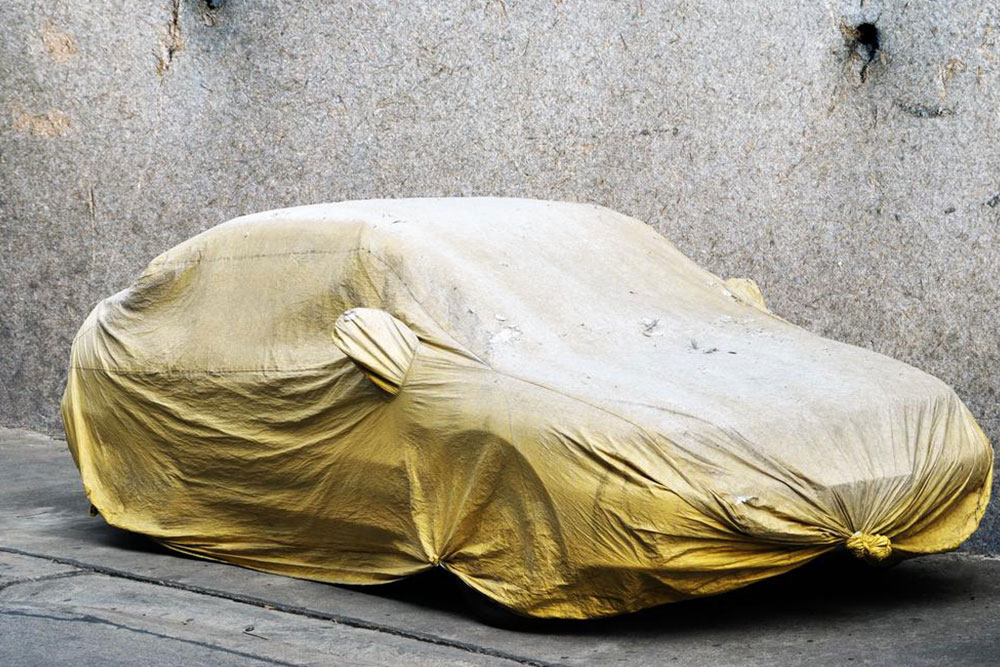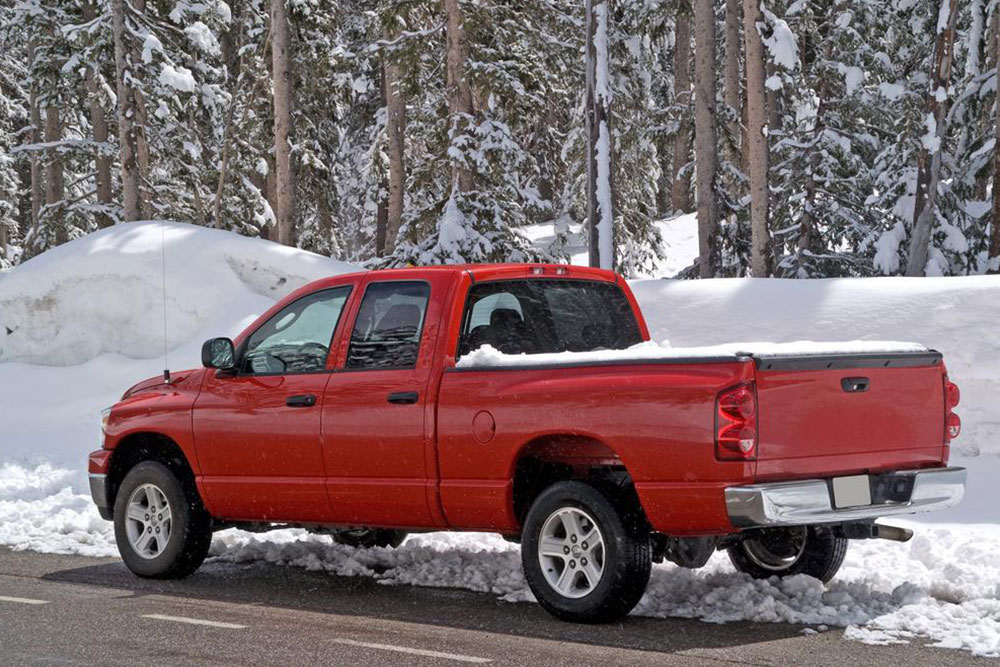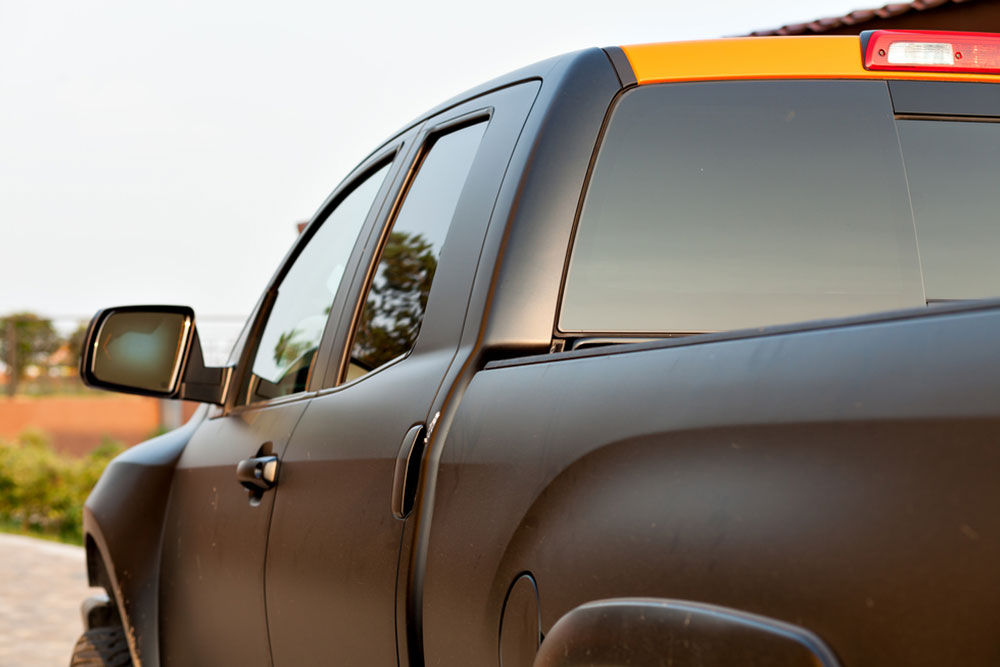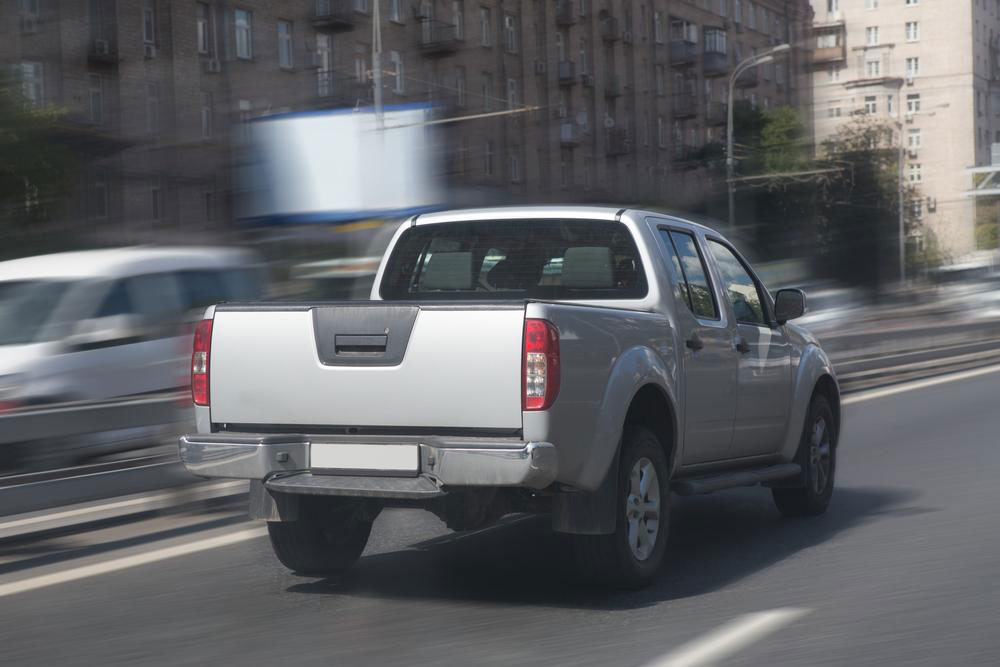Key Uses and Benefits of Tonneau Covers in Vehicles
Discover the versatility and advantages of tonneau covers, including their role in enhancing vehicle aerodynamics, protecting cargo, improving comfort, and offering modern automation features. They are essential for trucks and convertibles alike, providing security and convenience.
Sponsored

Overview of Tonneau Covers
A tonneau cover is a protective shield designed to secure the cargo area of pickup trucks or cover unused passenger seats in vehicles.
Primary Uses:
Initially, canvas materials were popular for tonneau covers, especially in racing vehicles, as they reduced weight and improved aerodynamics by minimizing drag. This made cars faster and more efficient.
Modern tonneau covers, often crafted from leather or vinyl, are used in open-top sports cars. These covers typically feature zippers, allowing easy access to the driver's seat while keeping other areas protected.
When driving convertibles or open cars, turbulence caused by airflow can be uncomfortable. Tonneau covers help reduce this buffeting by streamlining airflow around the vehicle, resulting in a smoother ride.
Additionally, tonneau covers contribute to interior temperature regulation by acting as insulators, helping retain heat generated by car heaters. They also shield occupants from UV rays and other environmental hazards during travel.
Some vehicles incorporate automated tonneau covers, allowing drivers to activate the cover electronically via switches or remote controls, adding convenience and ease of use.
Furthermore, trucks and utility vehicles utilize tonneau covers made from materials like vinyl, plastic, or aluminum to protect cargo beds from weather and theft.






